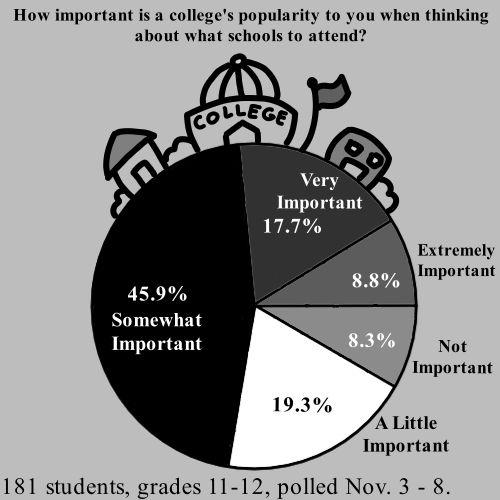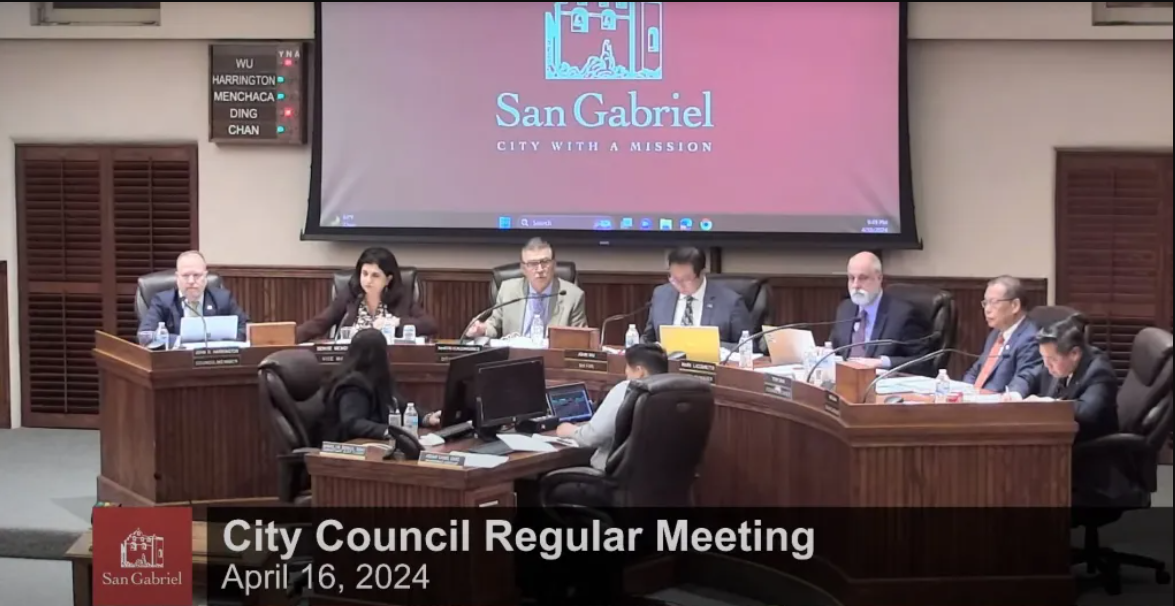
From the moment they enter middle school, a terrifying concept begins to creep up on many San Gabriel Unified students, haunting their every move and lurking in the back of their minds- college.
Almost all of them default to the same responses, listing the most famous schools or the ones that are viewed as the most prestigious as their answer. However, hyper-fixating on only well-known schools is the wrong mentality that students should have when thinking about college.
Unfortunately, many students believe that going to the most acclaimed school is their only option- or at least the only option that is acceptable or respectable in the eyes of those around them.
While aiming to get into a prestigious school is a good goal to have, only focusing on popularity greatly limits students’ options and blinds them to opportunities available to them at other lesser-known colleges. Both students and the influential adults around them must stop putting fame over other factors and expand their horizons when considering potential colleges.
One of the most common beliefs is that going to a well-known school will give people a higher chance of being hired for a job after they graduate. However, according to a study conducted by Gallup in 2014, only nine percent of business employers believe that the college a candidate has gotten their degree from is “very important” to consider, while 84 percent of U.S. business leaders consider the amount of knowledge that a candidate has to be the most valuable.
Gallup reported that “getting a job and achieving long-term success in one’s career may increasingly depend on demonstrating real value to employers through experience and targeted learning, and increasingly less on degrees, even if they are from prestigious universities.”
Students must realize that a degree from an elite school will not guarantee their success- one has to earn it through their own hard work. One’s job experience and practical application of skills are what should be relied on when applying for jobs, rather than a fancy university name.
In addition to ignoring lesser-known schools, many students overlook community colleges due to the idea that lower tuition will give them a lower-quality education. However, it is time to move past the outdated belief that only well-known schools are the ones that can provide a good learning environment.
According to Time, “Forty years ago, elite colleges offered a demonstrably higher level of education. Today, as many as 200 colleges across the U.S. offer a similar level of education and have excellent faculty and facilities.”
Students and parents must realize that cheaper prices do not necessarily equal a cheaper education.
In fact, thanks to more government funding, “community colleges now strive to meet the needs of a diverse spectrum of students while training the 21st-century workforce with skills that will effectively compete in a global marketplace,” wrote the Community College Review.
The stigma surrounding going to lesser-known schools needs to be erased so that students feel more welcome to pursue these options. Parents and teachers should also put more effort into exposing them to other opportunities, whether that be lesser-known University of California schools (UCs), California State Universities (CSUs), or even community colleges.
A college’s popularity should always be considered last when deciding where to go, after other factors like the quality of education, campus environment, and tuition cost. Students must realize that their future success does not depend on which college they go- it depends on what they accomplish wherever they end up.






